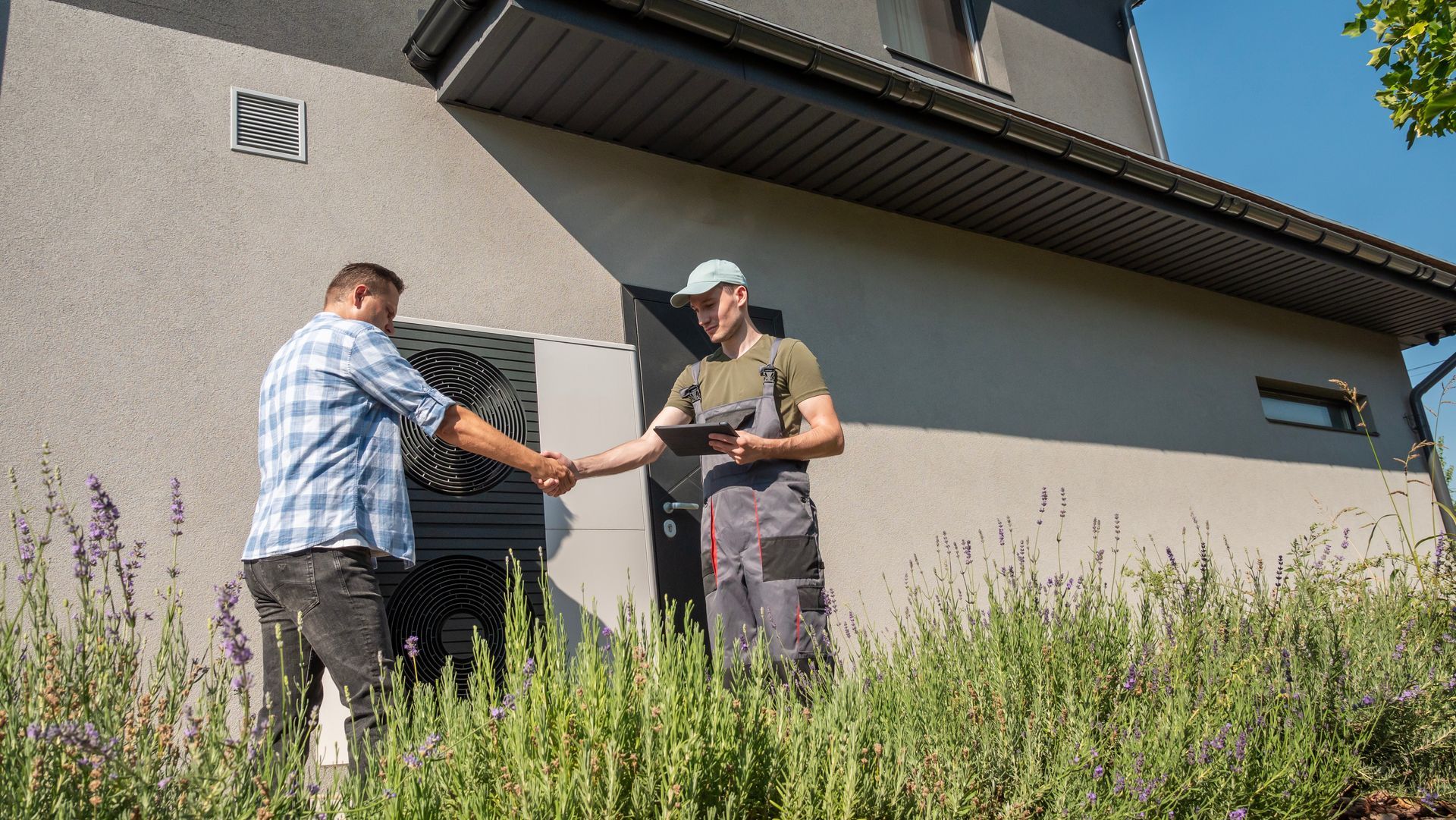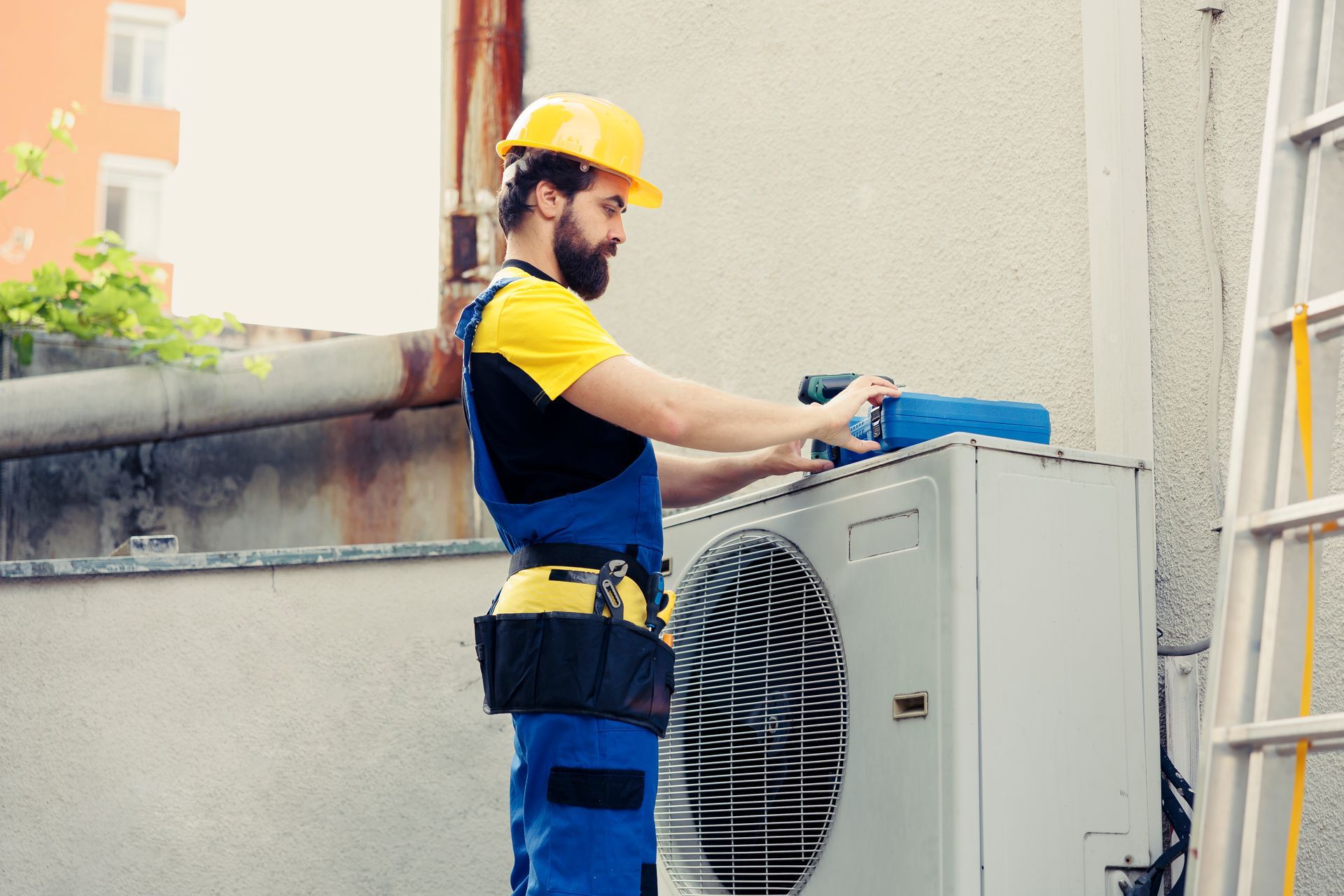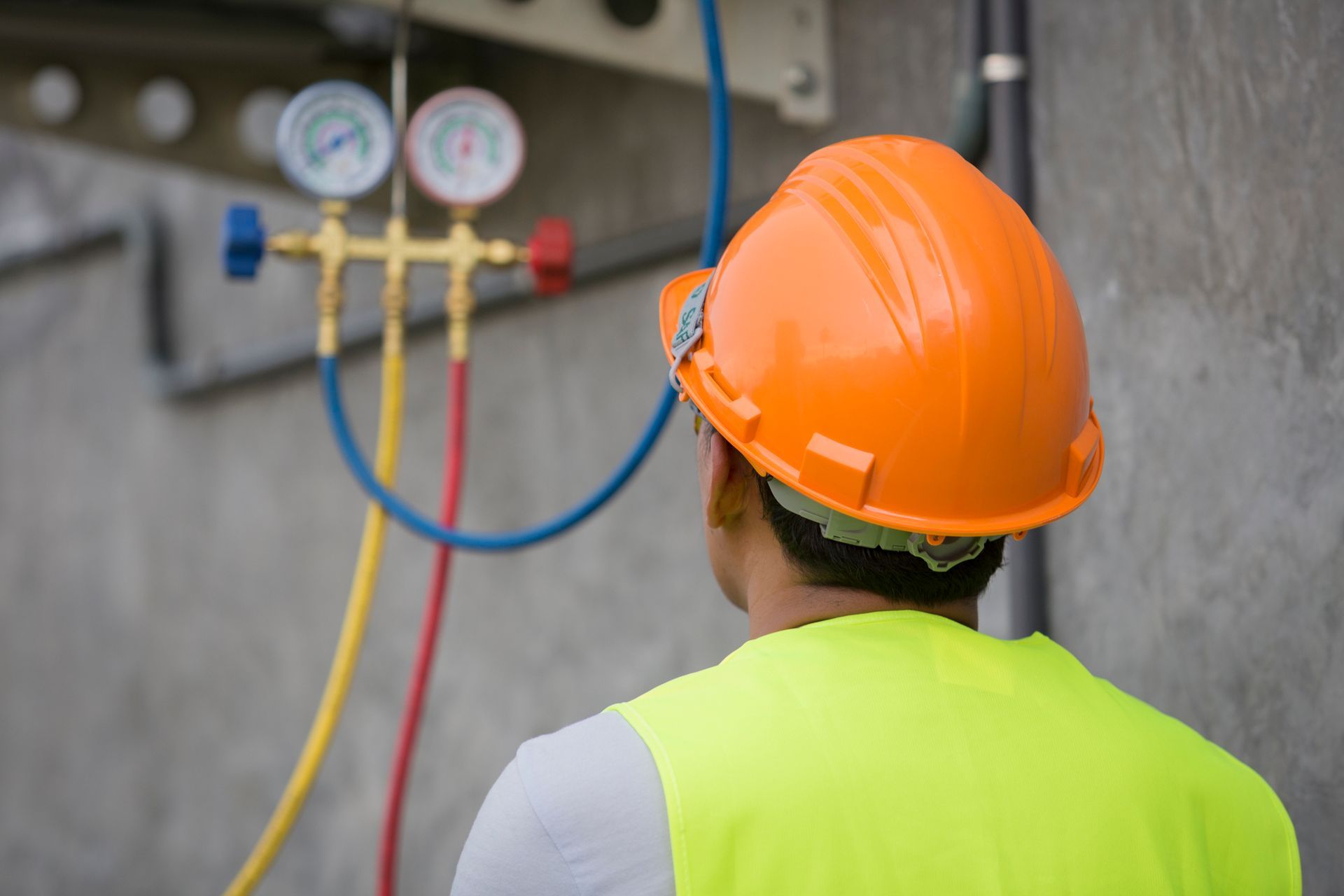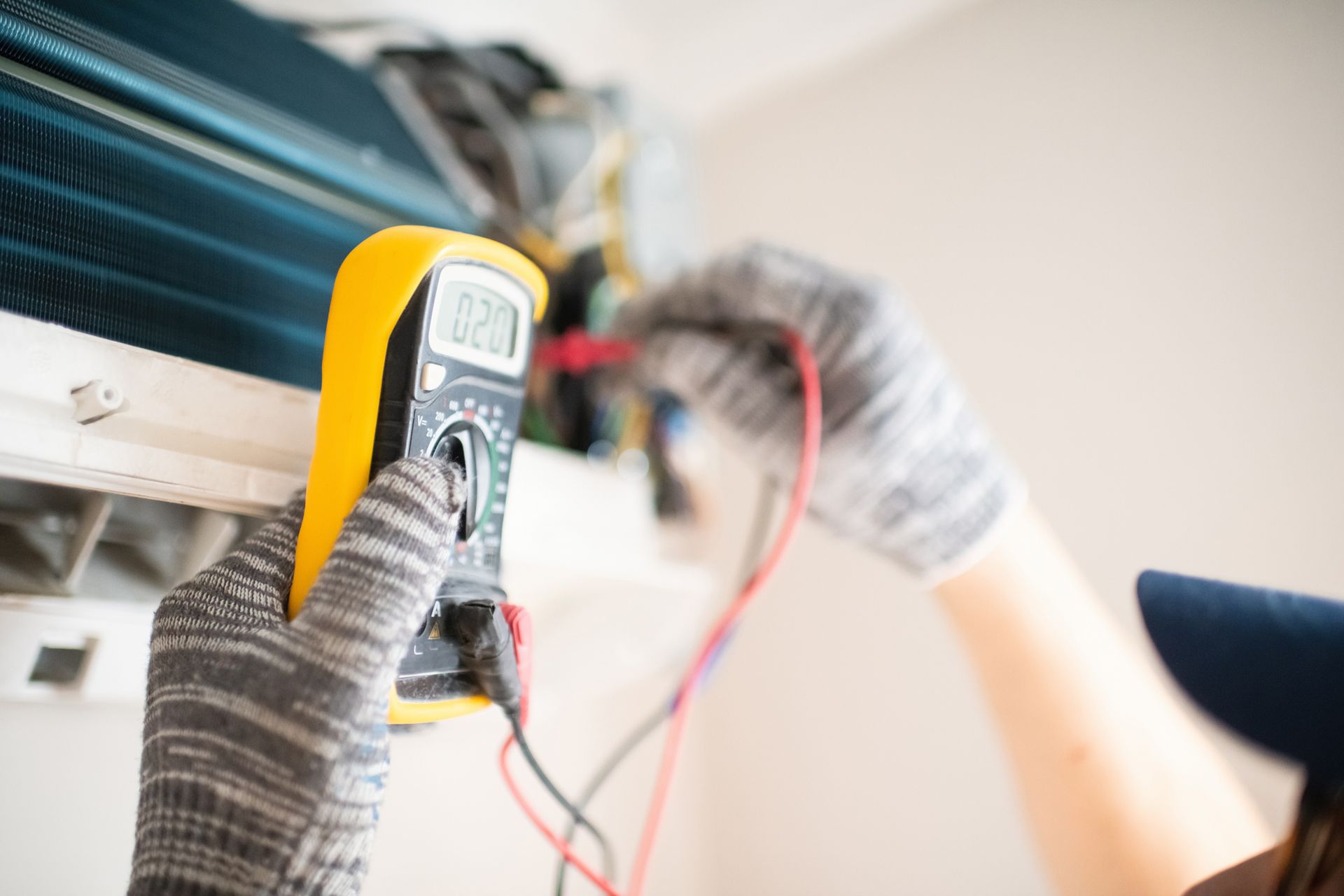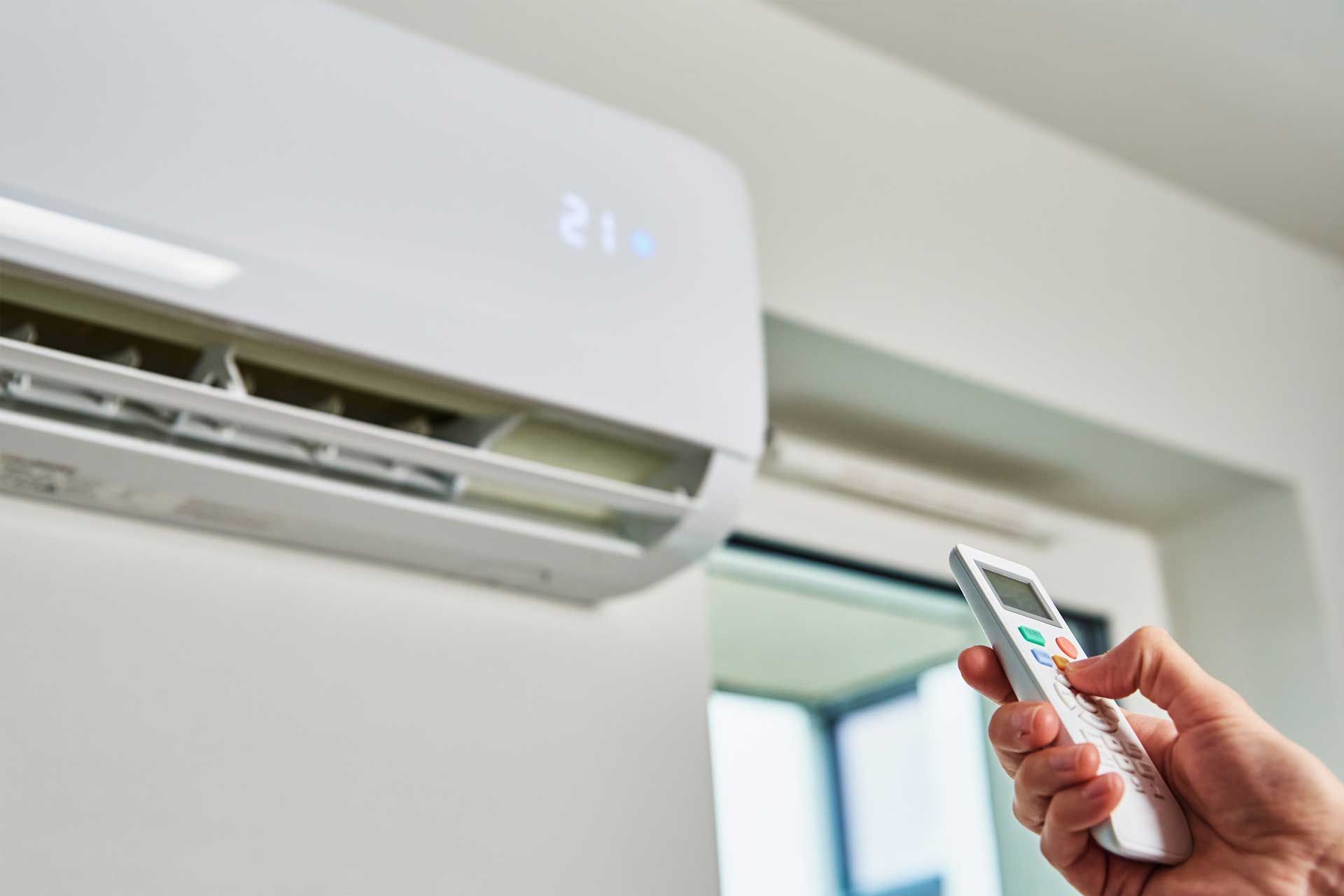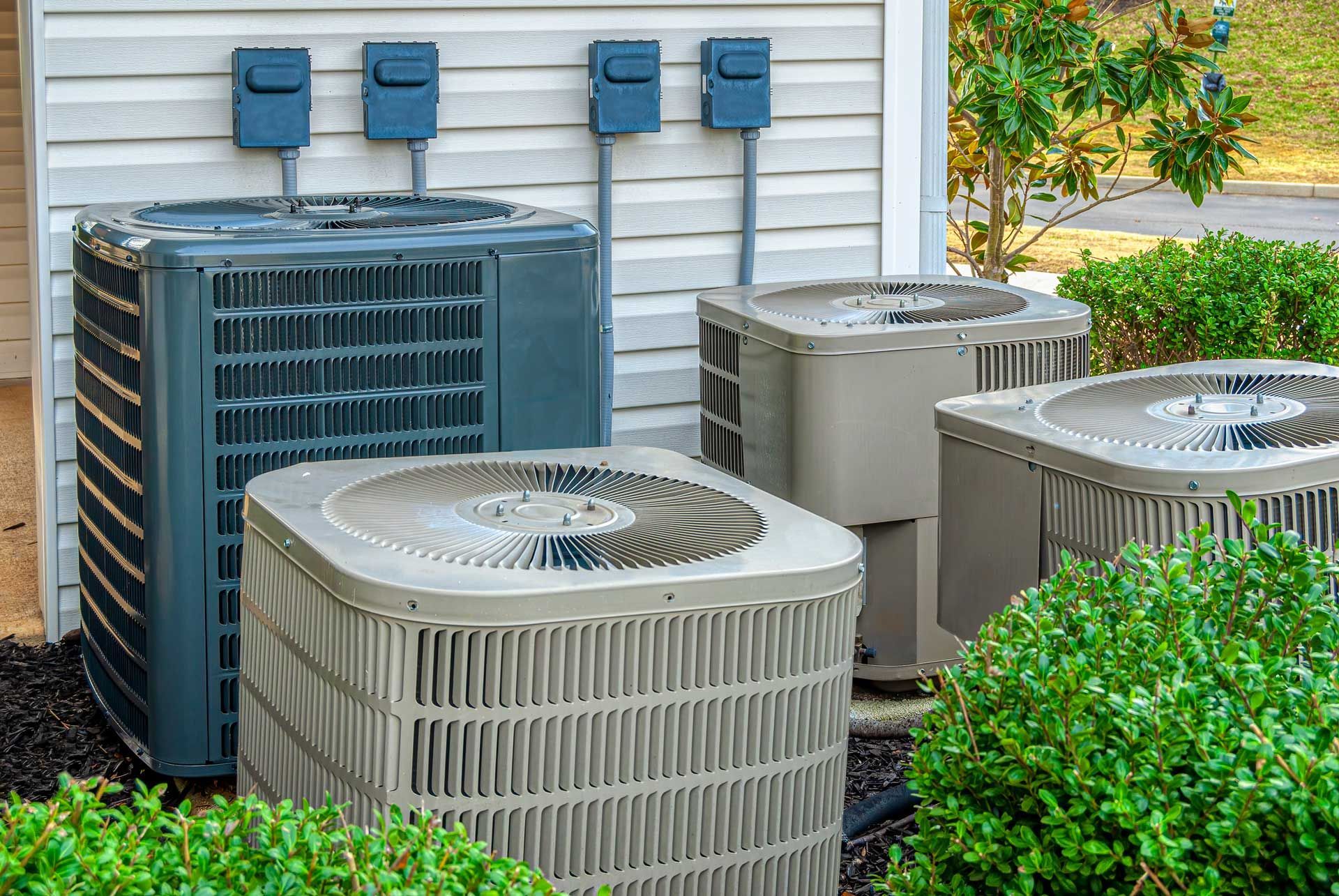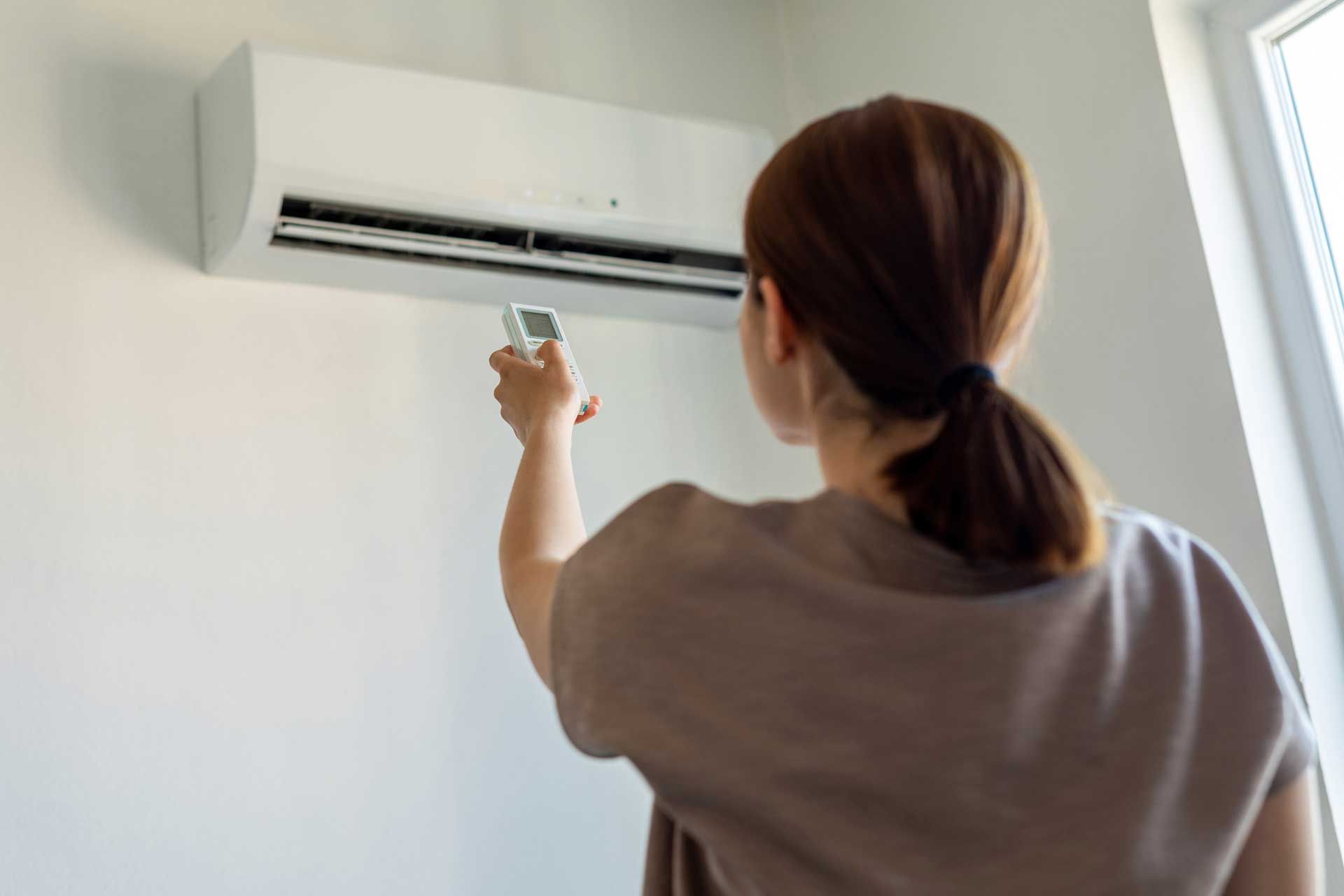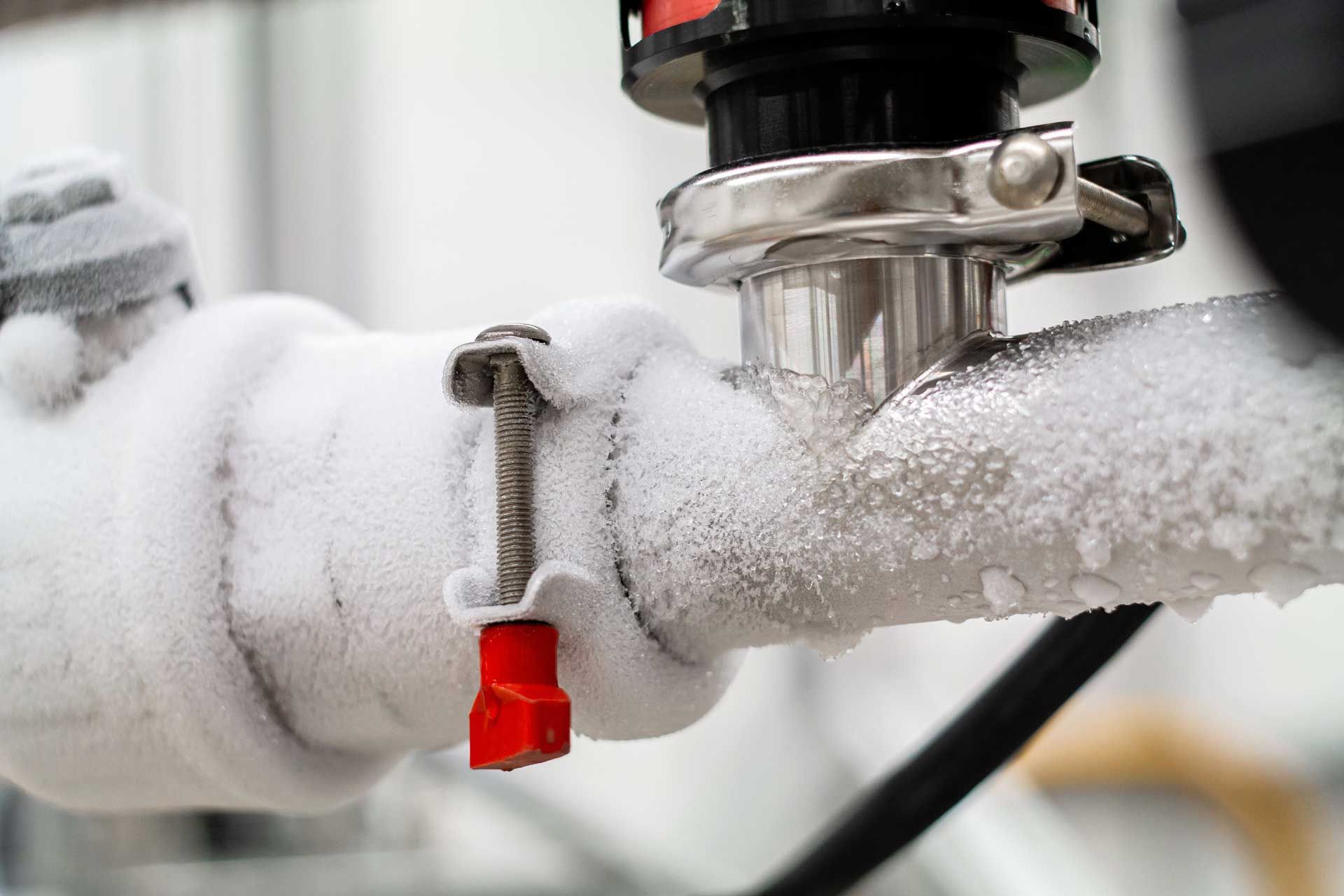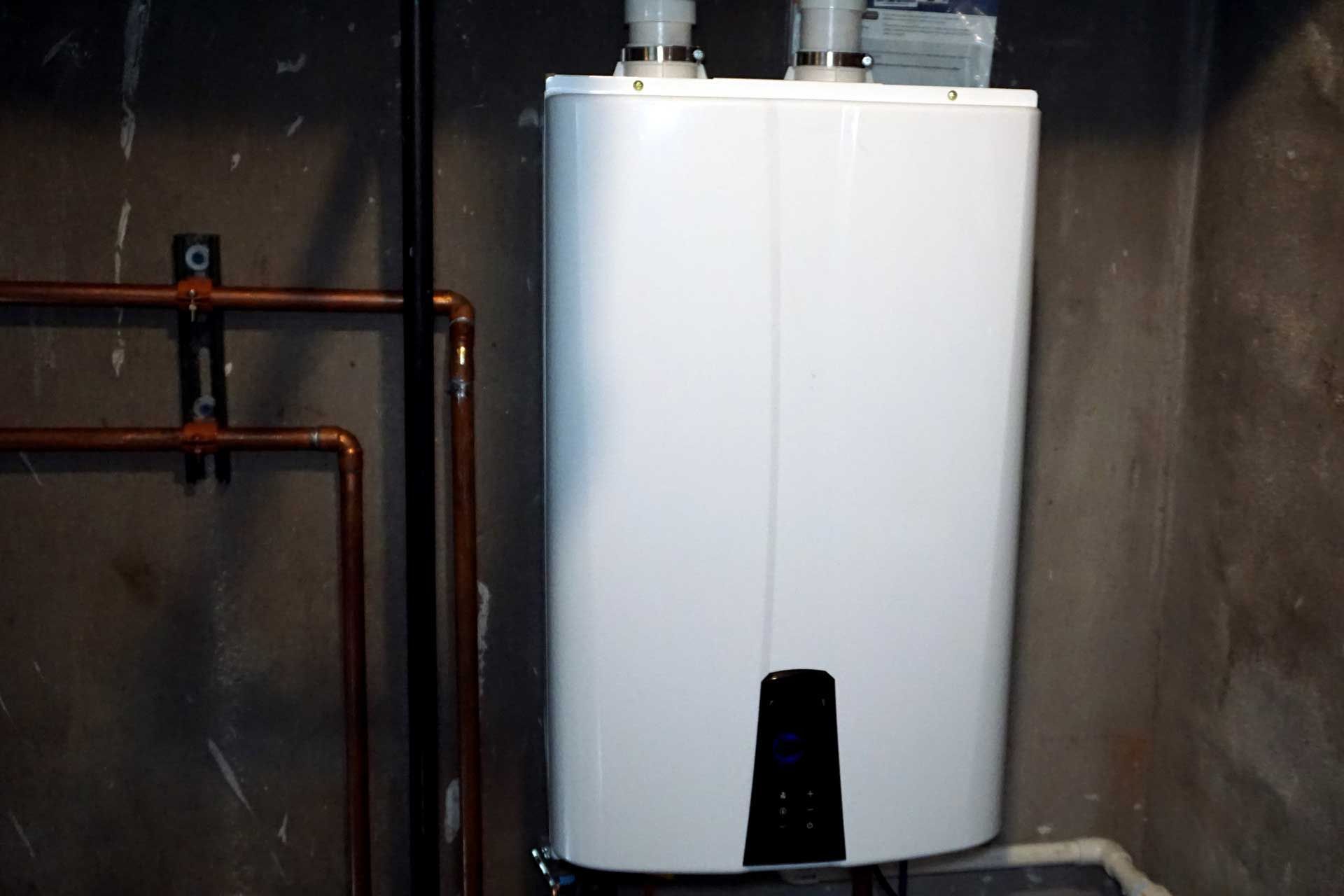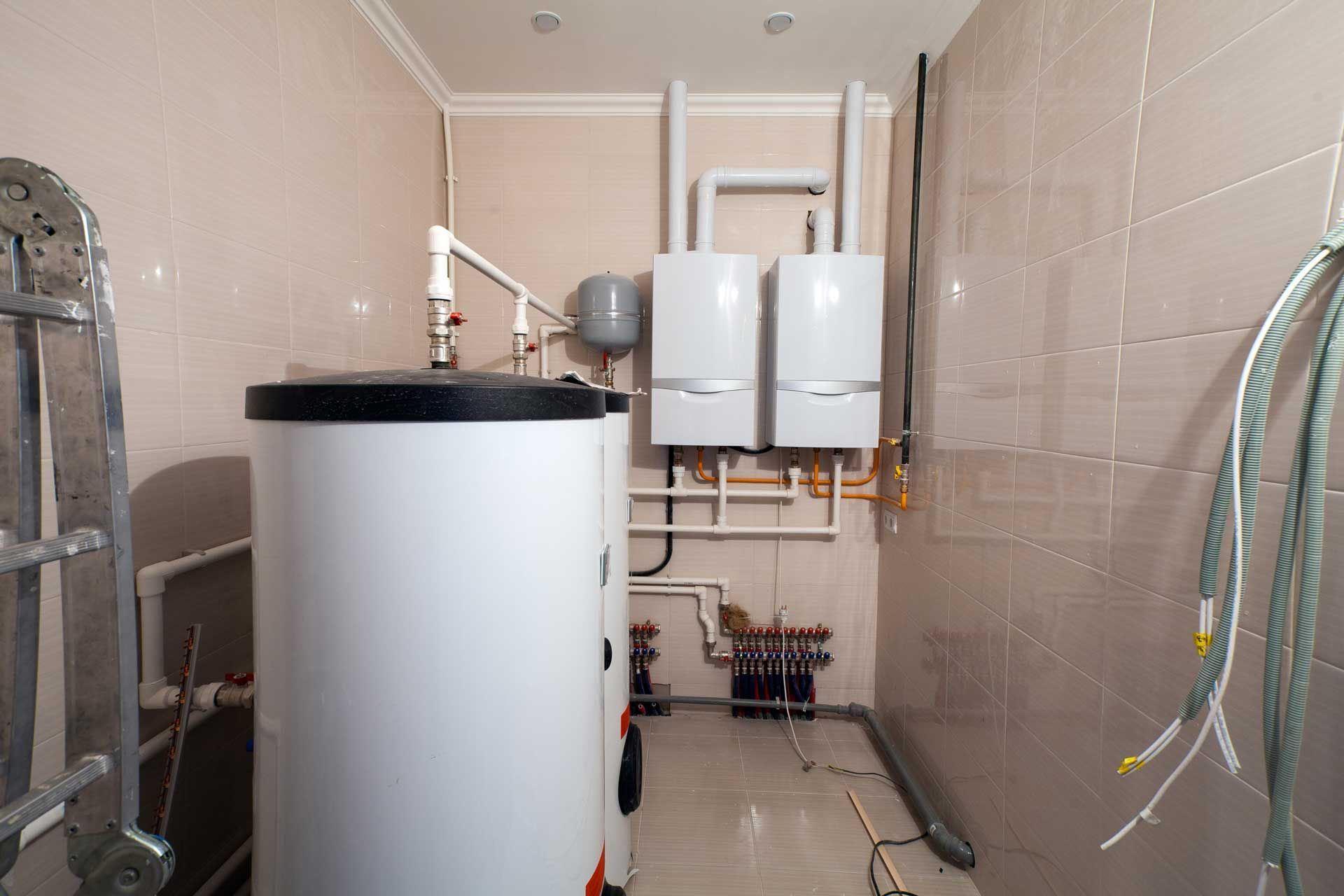4 Signs of a Furnace Gas Leak
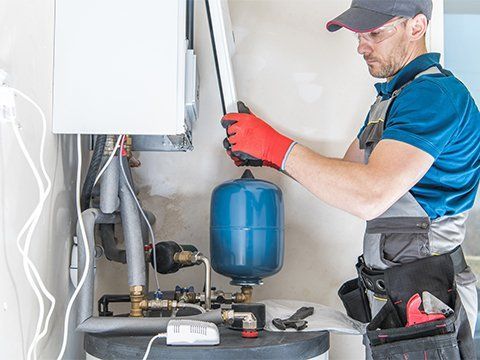
Natural gas furnaces are the most popular type of furnace in the U.S., with 48 percent
of homes using natural gas for heat. While modern gas furnaces have a low failure rate, you should still know the signs of a gas leak so that you can take action if necessary. Discover four signs of a furnace gas leak that every homeowner should know. 1. Sulfur Smell
Pure natural gas is odorless, but gas manufacturers are required by law to add a chemical called mercaptan so that leaks are detectable by smell. Mercaptan has an odor that most people describe as sulfur-like, or similar to rotten eggs.
If you have a lingering sulfur smell in your home with no known source, your furnace is the first place you should check. You may be able to detect the smell of mercaptan faintly from your home's vent registers. In other cases, you may only be able to smell it directly around the furnace itself you have a larger leak. 2. Hissing Sound
Natural gas is pressurized inside the lines that run to homes, as well as inside the heat exchanger of a furnace. When a leak exists, the pressure of the gas escaping will often create a distinctive hissing sound. You should listen for leaks occasionally while the furnace is not running, as the noise of the blower motor can sometimes drown them out.
If you hear hissing but are not able to pinpoint the source, you can use the soap test to help you track it down. Turn off your furnace, soak a cloth in soapy water, and run it along any exposed gas lines around your furnace, as well as the heat exchanger. Bubbles will appear in the soapy water at any points where gas is escaping. 3. Dying Plant Life
While natural gas is not directly toxic to plant life, it will kill them by disrupting the soil that they grow in. Natural gas displaces oxygen in soil and promotes the formation of hydrogen sulfide gas. This gas inhibits nutrient absorption in plant roots, causing plants to grow sparsely and eventually die out.Indoor gas leaks can cause houseplants to wither and die, so you should keep an eye on the health of your houseplants if you have a gas furnace. Sometimes, gas leaks can occur underground in the gas lines running to your home. This will often result in dead patches of grass in your lawn as the gas leaks up to the surface of the soil and damages the roots of the grass. 4. Health Symptoms
Breathing natural gas is dangerous to living things because the carbon monoxide it contains prevents blood cells from delivering oxygen through the body. Health symptoms of a gas leak can begin with flu-like symptoms such as headache, fatigue, eye and throat irritation, and nausea. More advanced gas exposure will lead to dizziness, confusion, and possibly unconsciousness and death.
If you have pets in your home, you should know that they can be more sensitive to breathing gas than humans and may begin to show symptoms more quickly. If your pets display unusual behavior like lethargy, vomiting, or difficulty walking, you should take action immediately. Evacuate the home and contact your gas company so that technicians can inspect your home for leaks.
Knowing the signs of furnace gas leaks and how to respond appropriately is essential for the safety of everyone in your home. Keep these warning signs of gas leaks in mind, and contact Preferred Mechanical Services
today if you suspect a leak or any other problems with your heating and air.
